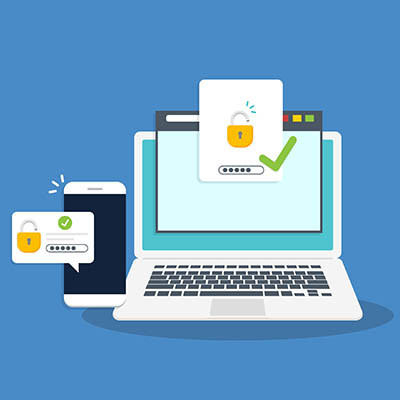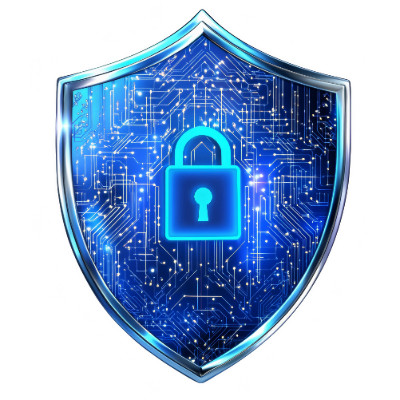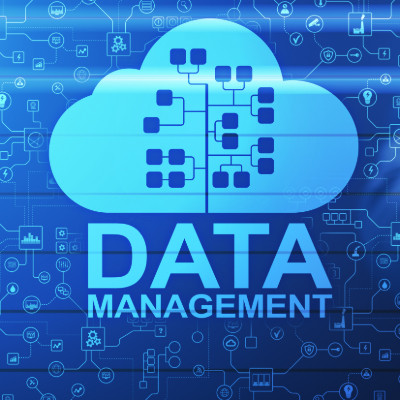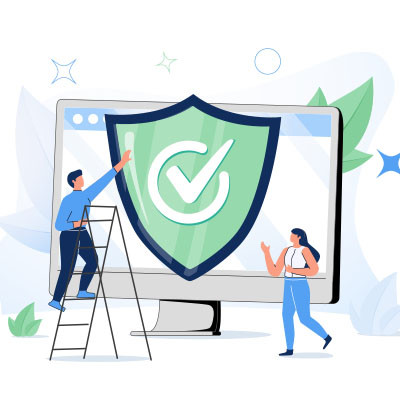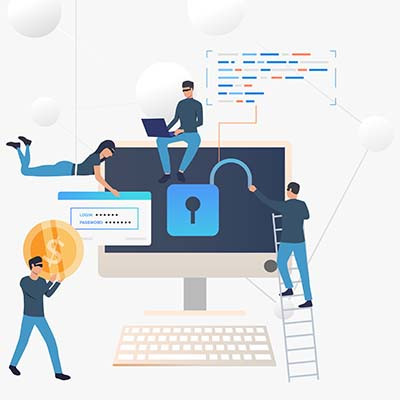The scariest online threats are the ones you don't even see coming. Picture this: a hacker tricks one of your employees with a sneaky phishing email, steals their username and password, and just walks right into your network. No alarms, no warning.
The really good news is there's a simple fix that can make a huge difference: Multi-Factor Authentication (MFA). Just setting this up is one of the biggest steps you can take to make your business much safer and a lot less likely to suffer a nasty cybersecurity breach.

